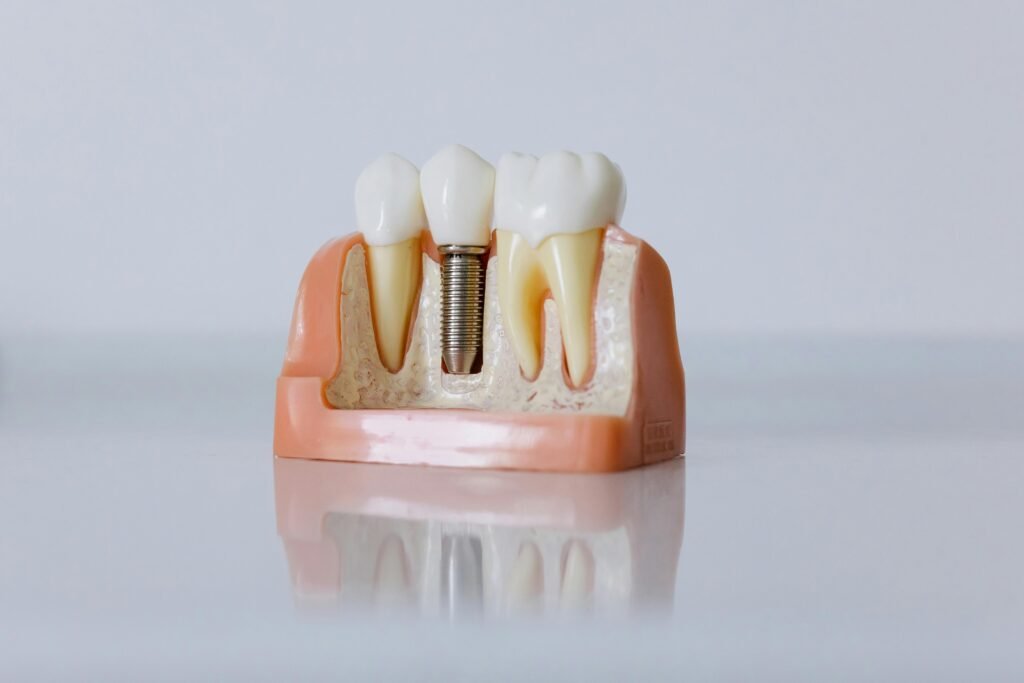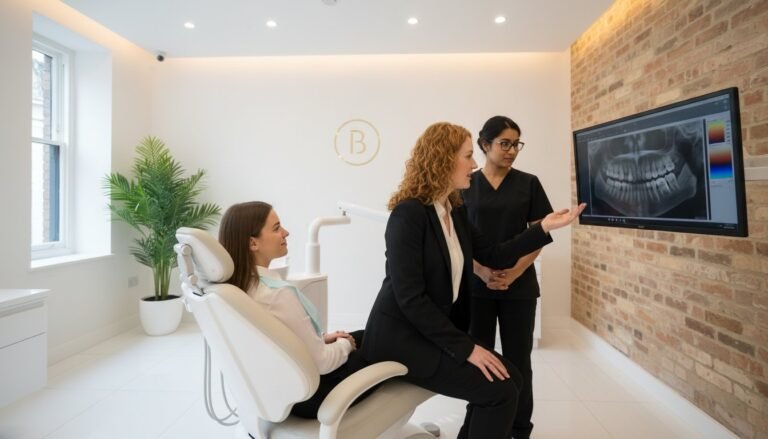Table of Contents
ToggleUnderstanding the Problem
When a tooth undergoes a root canal procedure, it becomes more vulnerable to damage due to the removal of its pulp and nerve. To protect the tooth and restore its strength, a dental crown is often recommended. Different types of dental crowns are available, each with its own set of advantages and considerations.
What Causes It
After a root canal treatment, the tooth structure may weaken over time, making it prone to fractures or breakage. A dental crown helps to safeguard the tooth by covering it entirely, preventing any further damage. Without a crown, the treated tooth may not withstand the forces of chewing and grinding, leading to potential complications.
How It’s Diagnosed or Treated
Your dentist will evaluate the condition of your tooth post-root canal therapy and discuss the option of placing a crown for protection. X-rays and clinical examination are usually conducted to assess the tooth’s integrity and determine the most suitable crown type. Once the decision is made to proceed with a crown, impressions of your teeth are taken to create a custom-fitted crown for optimal functionality and aesthetics.
What to Do Next
Choosing the right type of dental crown for your root canal-treated tooth is crucial. Three common types of crowns used for this purpose are zirconia crowns, porcelain crowns, and porcelain-fused-to-metal (PFM) crowns. Let’s explore the characteristics of each to help you make an informed decision:
Zirconia Crowns
Zirconia crowns are known for their durability and strength, making them a popular choice for posterior teeth that require robust protection. These crowns are highly resistant to wear and fracture, offering long-term reliability. Additionally, zirconia crowns are biocompatible, meaning they are unlikely to cause any allergic reactions or adverse effects in the mouth.
Porcelain Crowns
Porcelain crowns are valued for their natural appearance, closely mimicking the translucency of natural teeth. They are an excellent option for front teeth due to their aesthetic appeal. While porcelain crowns may not be as strong as zirconia, they provide a balance of beauty and functionality, blending seamlessly with the rest of your smile.
PFM Crowns
Porcelain-fused-to-metal crowns combine the strength of metal with the aesthetics of porcelain. These crowns are versatile and can be used for both front and back teeth. The metal substructure provides durability, while the porcelain outer layer matches the color of adjacent teeth. PFM crowns offer a good compromise between strength and esthetics.
Ultimately, the choice of crown types depends on various factors, including the location of the treated tooth, your aesthetic preferences, and budget considerations. Your dentist will guide you in selecting the most suitable crown that meets your specific needs and ensures the long-term health of your tooth.





